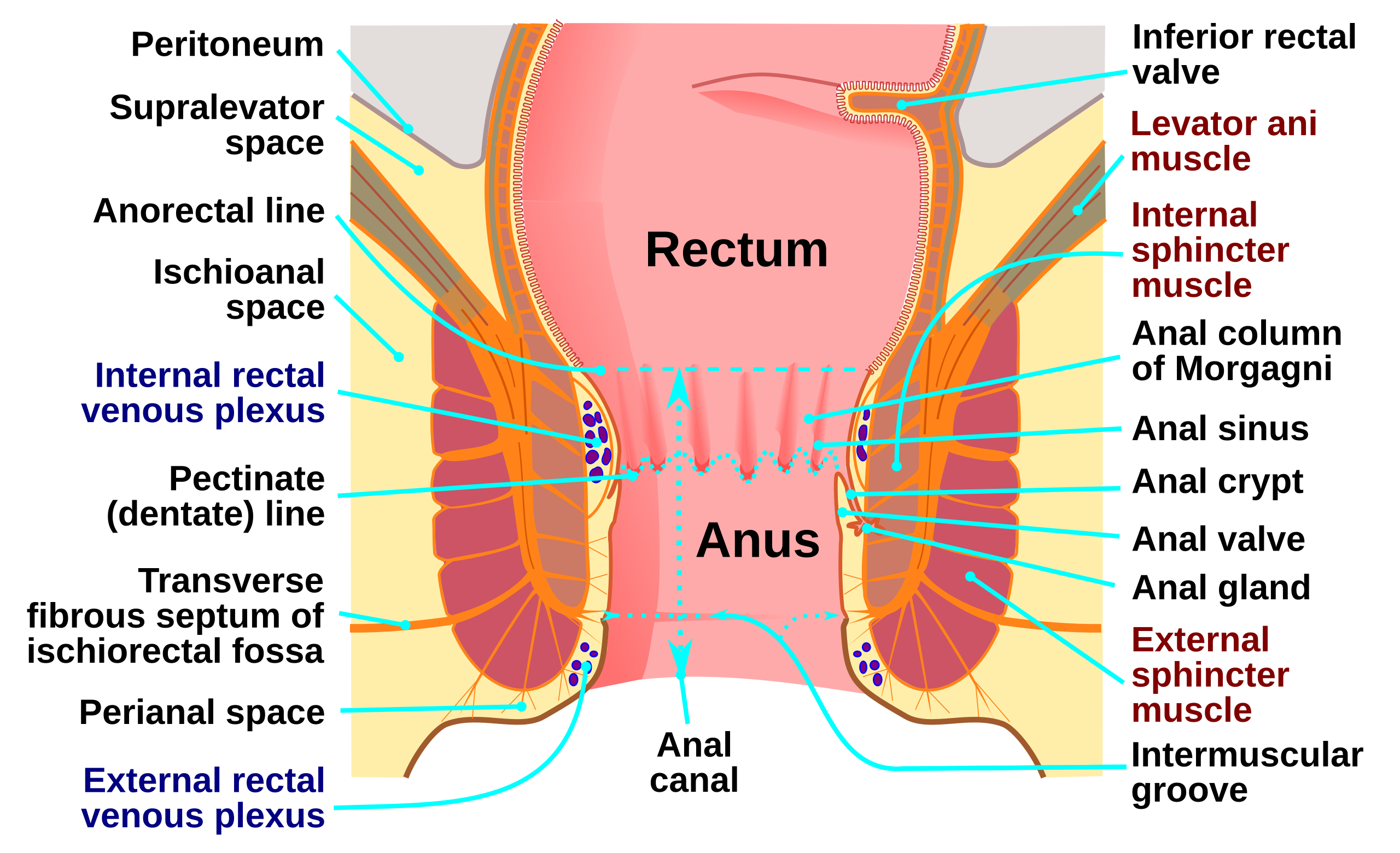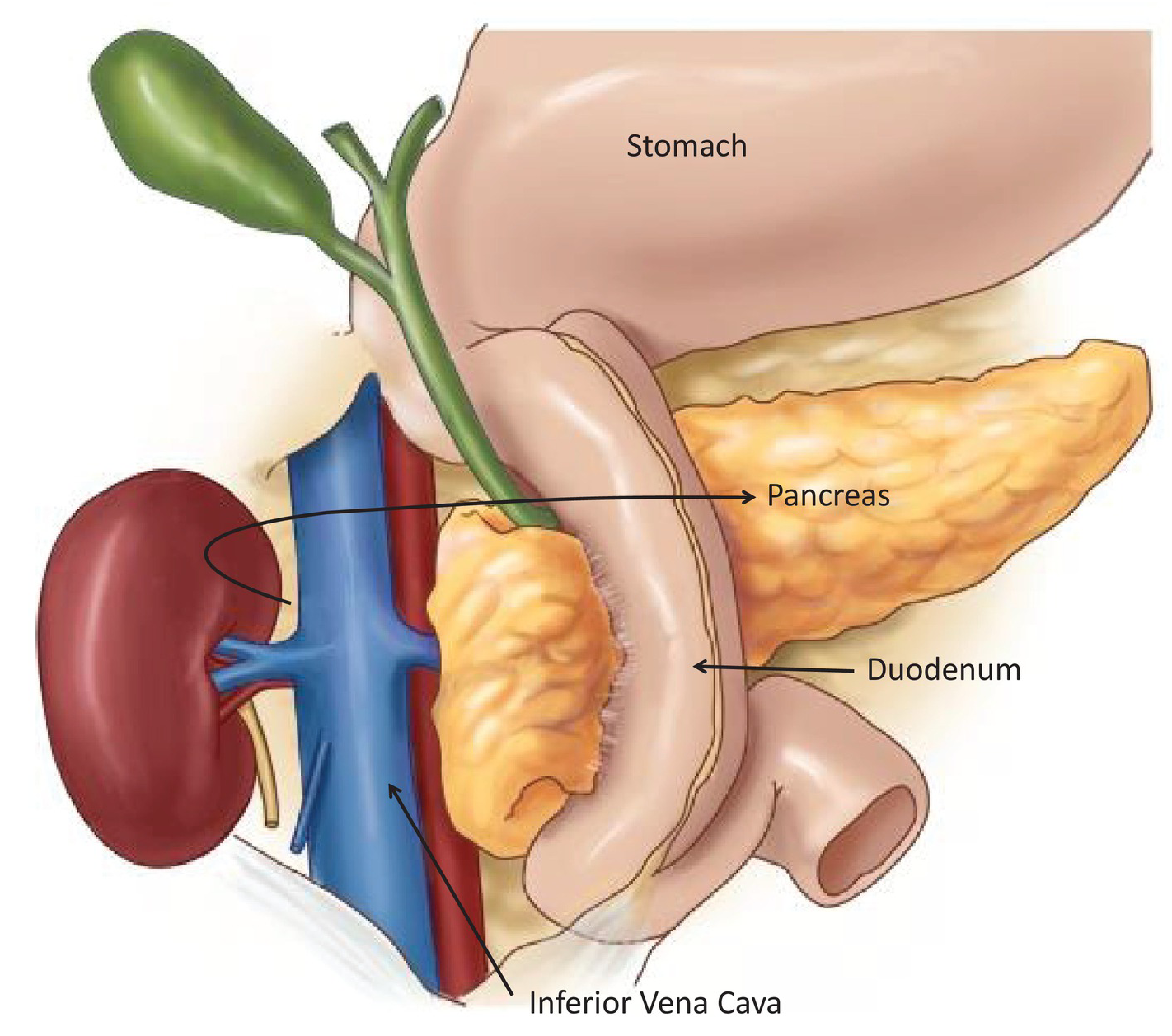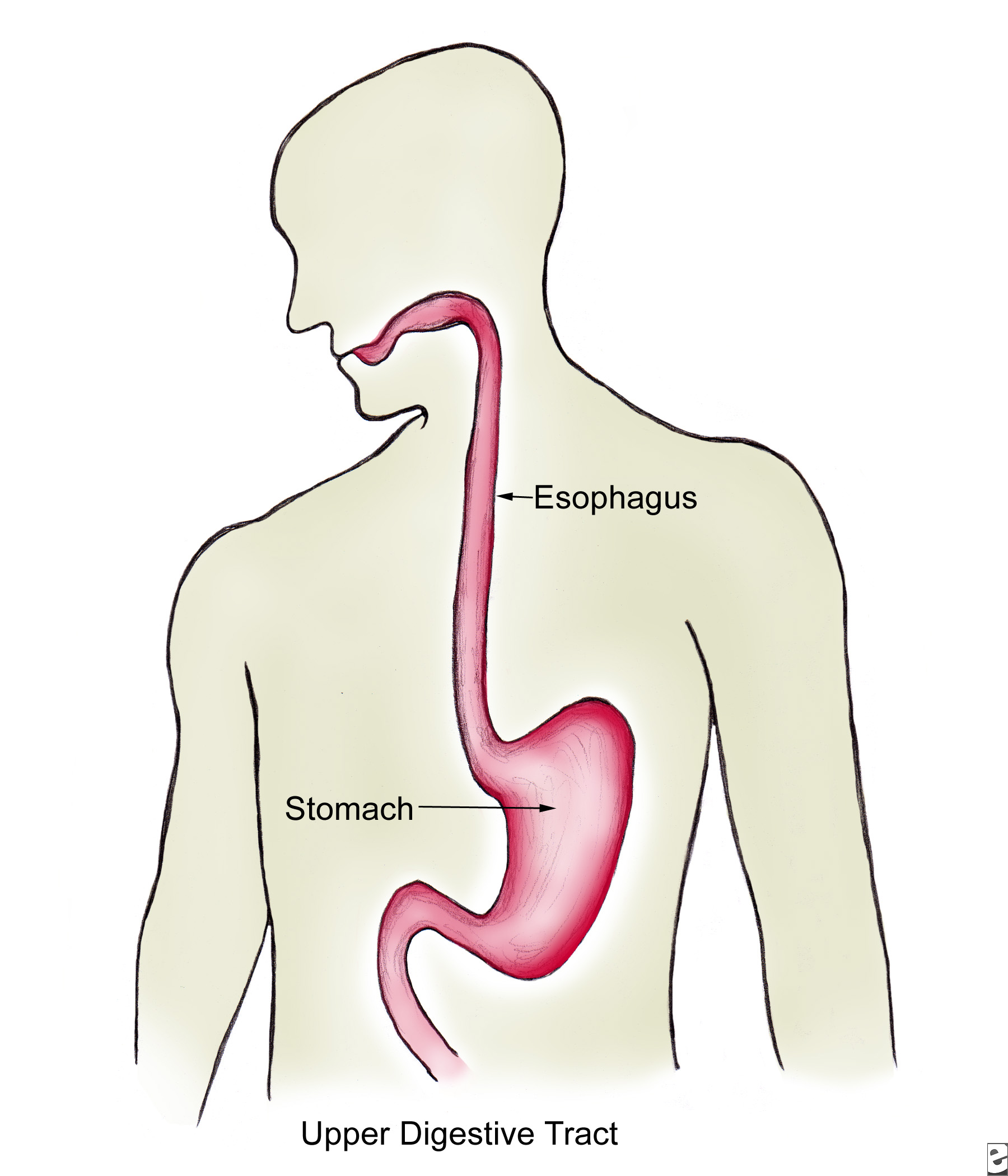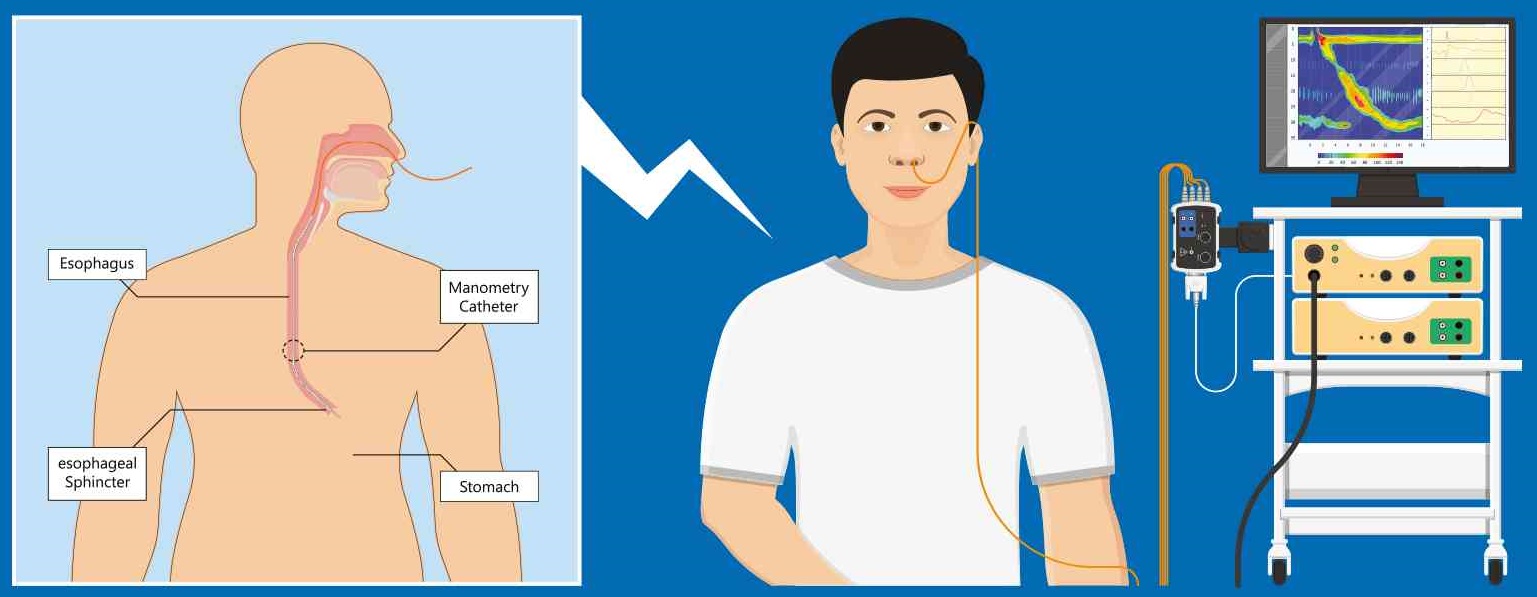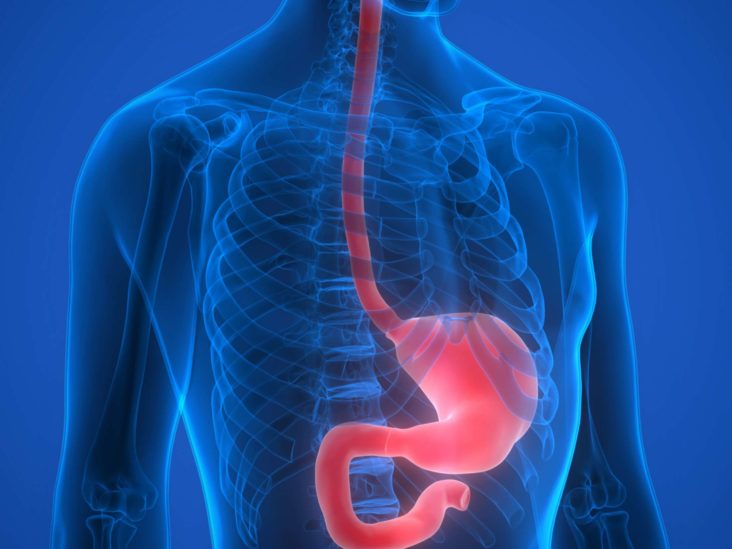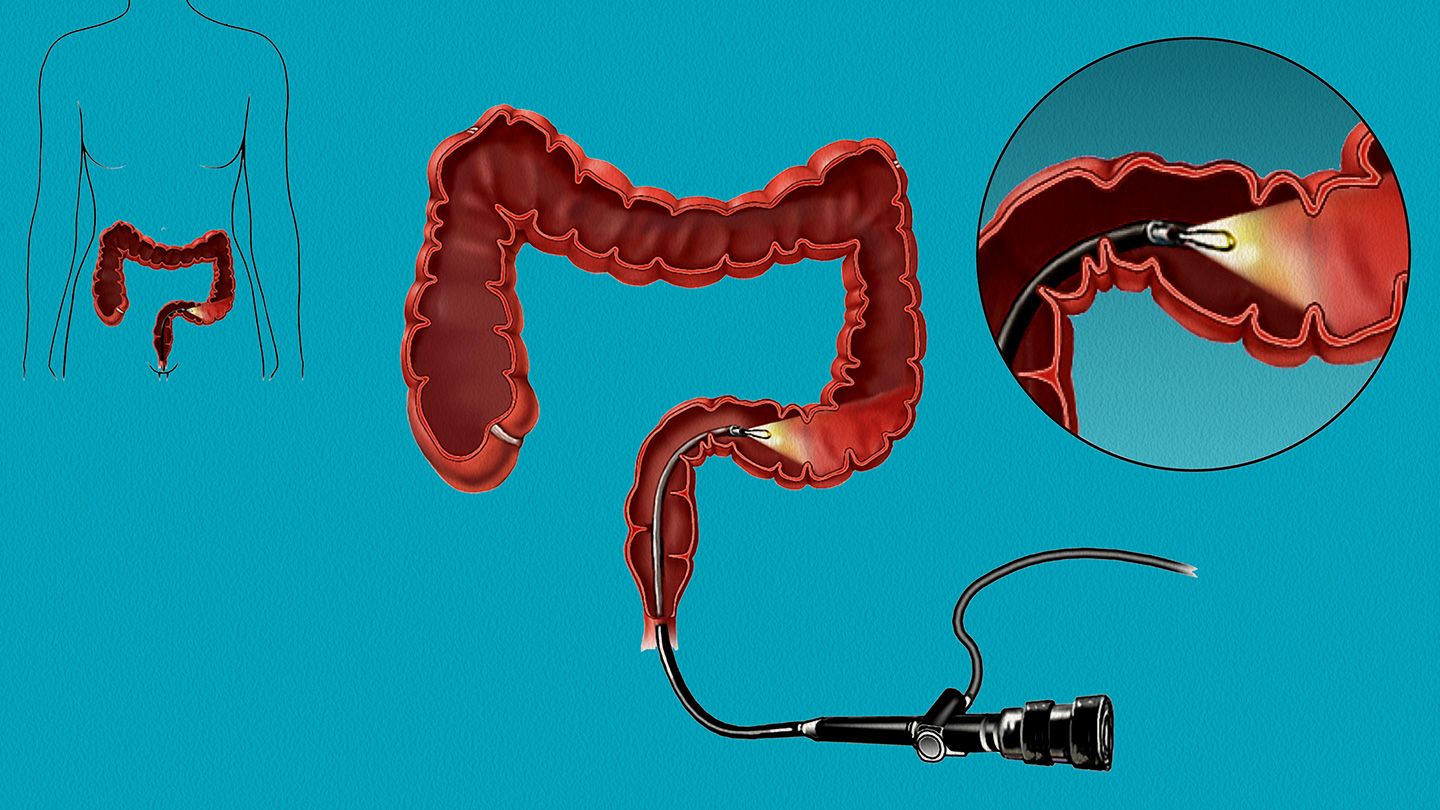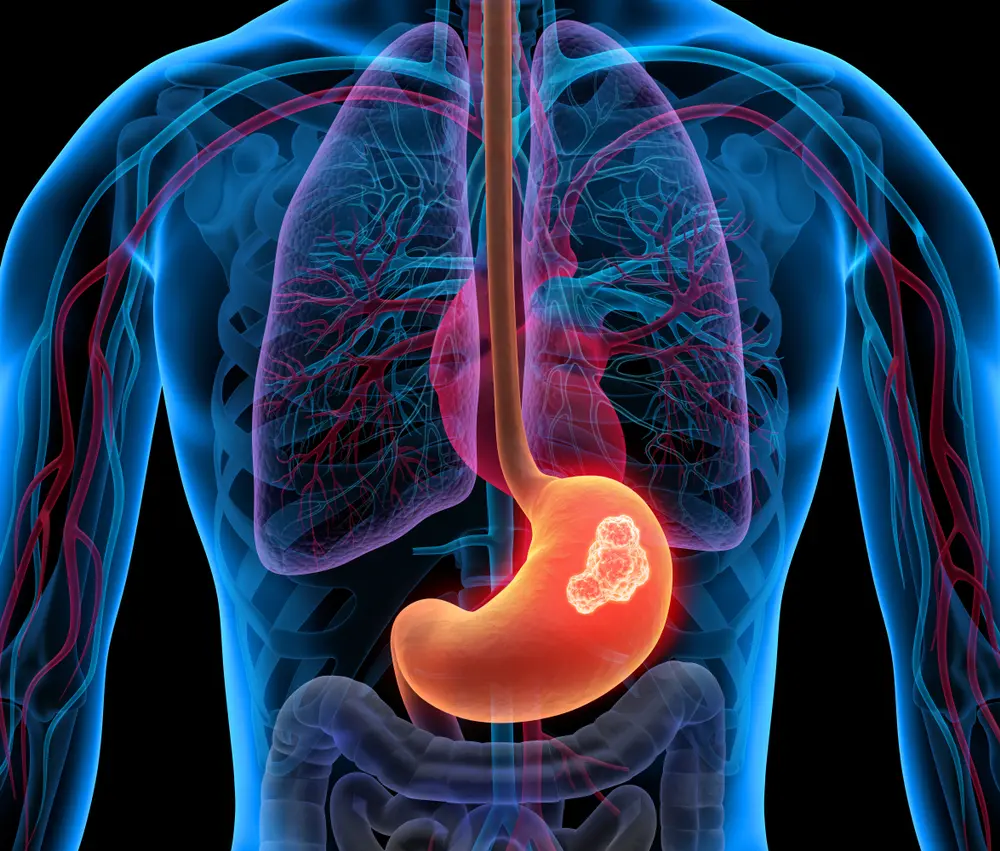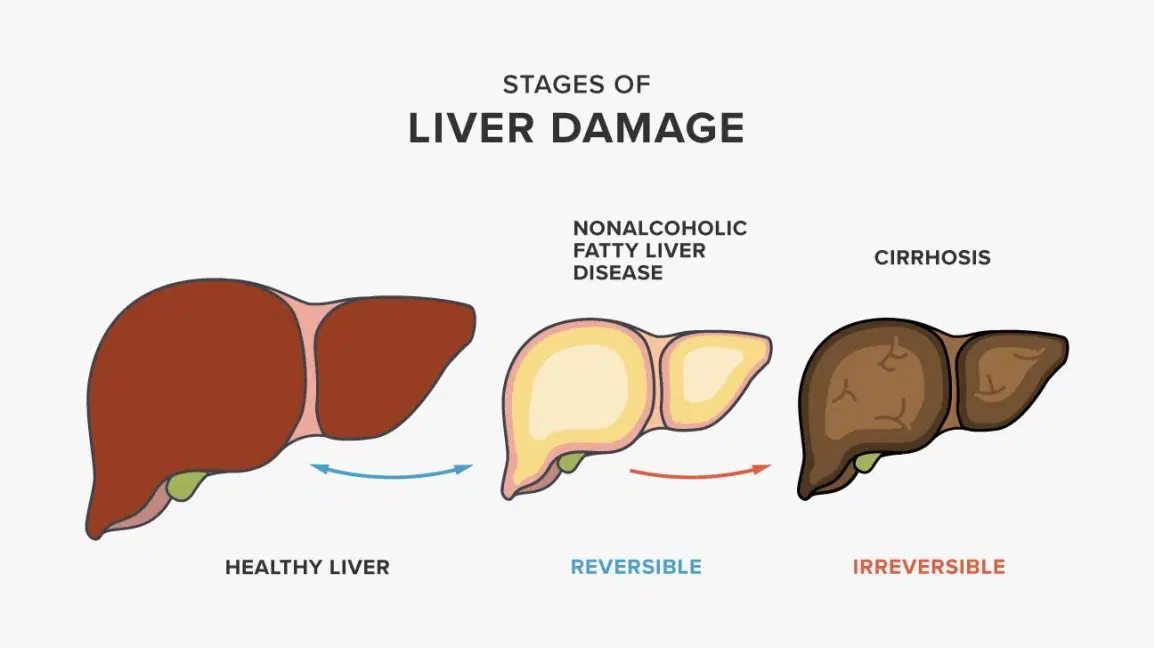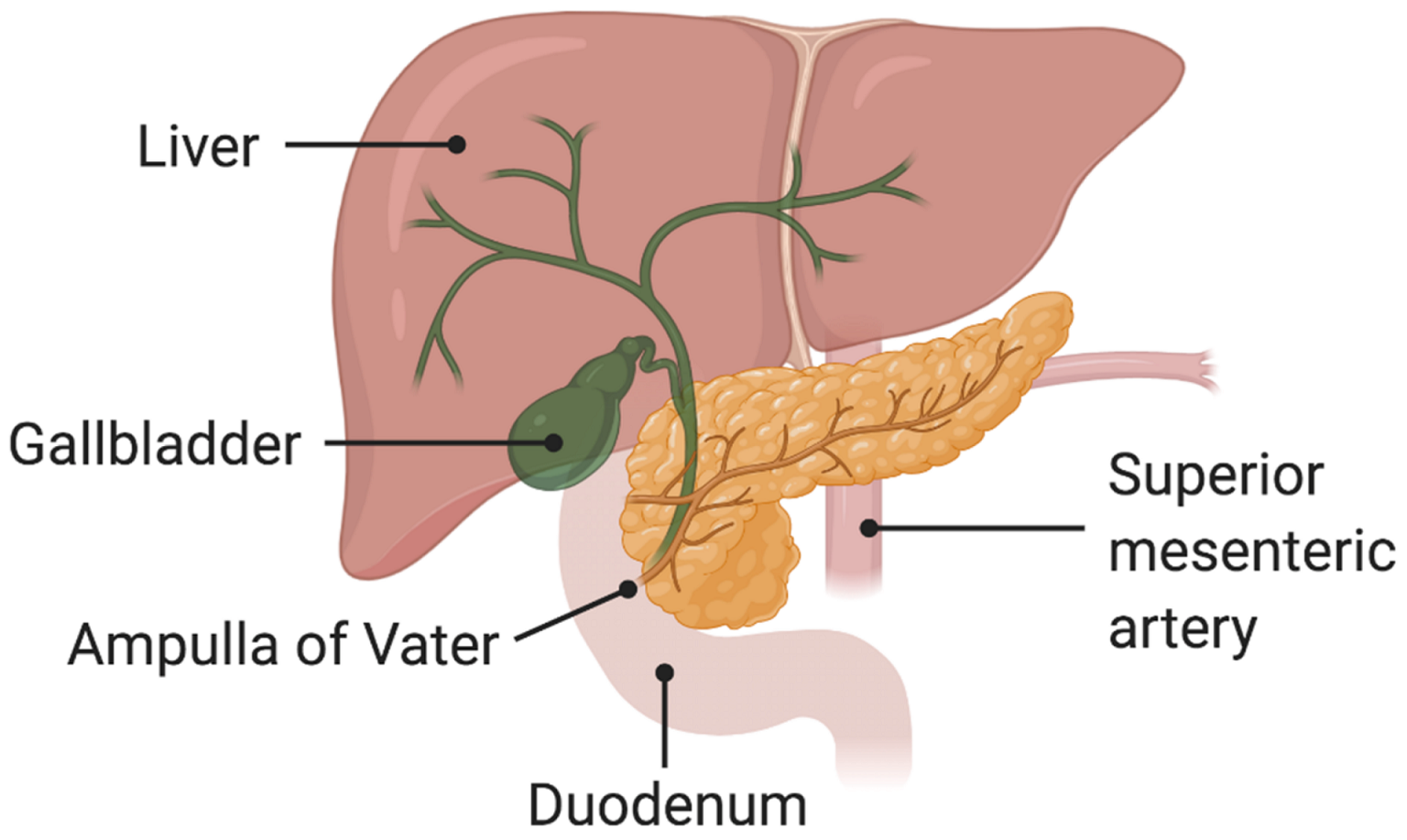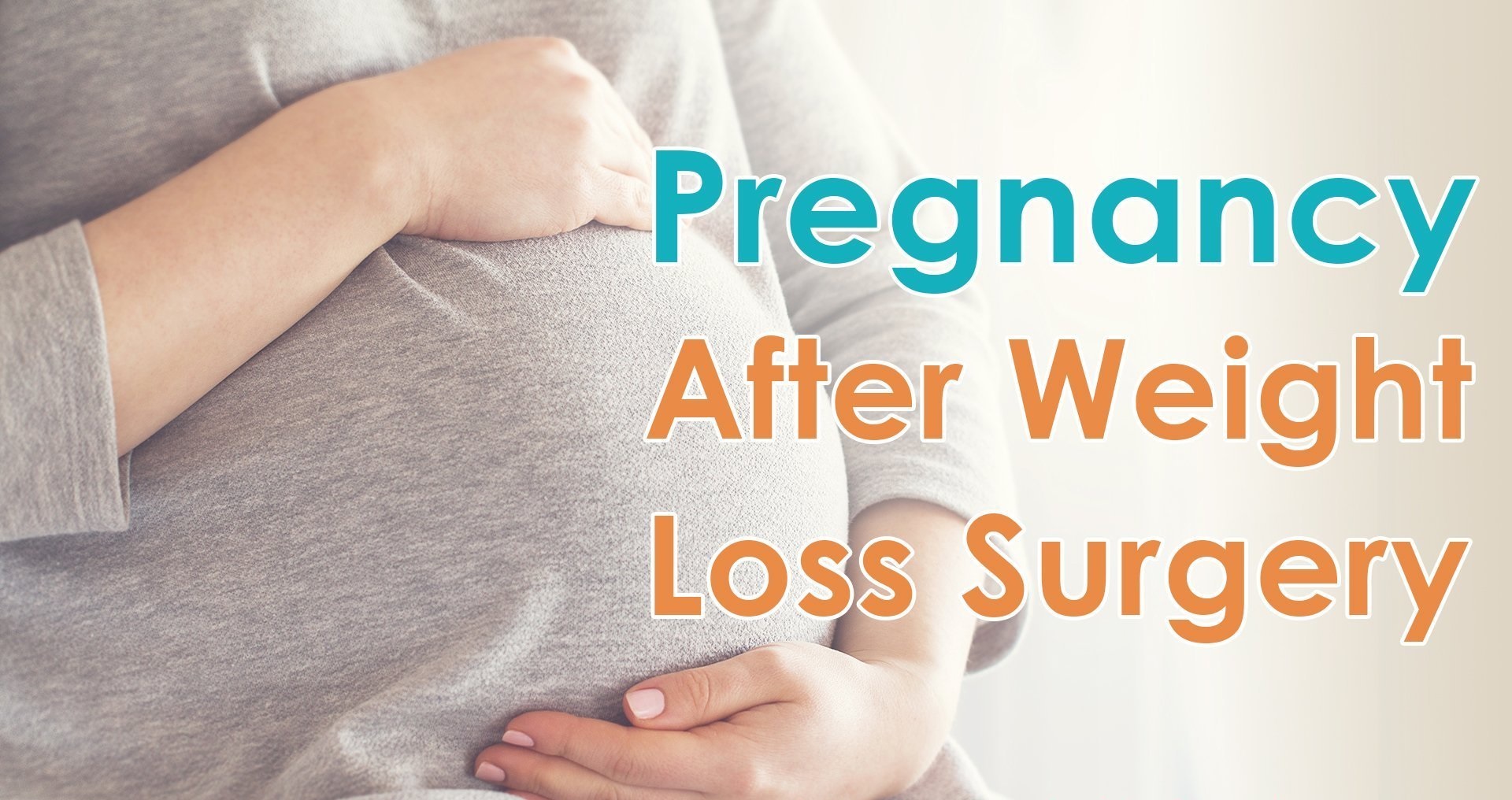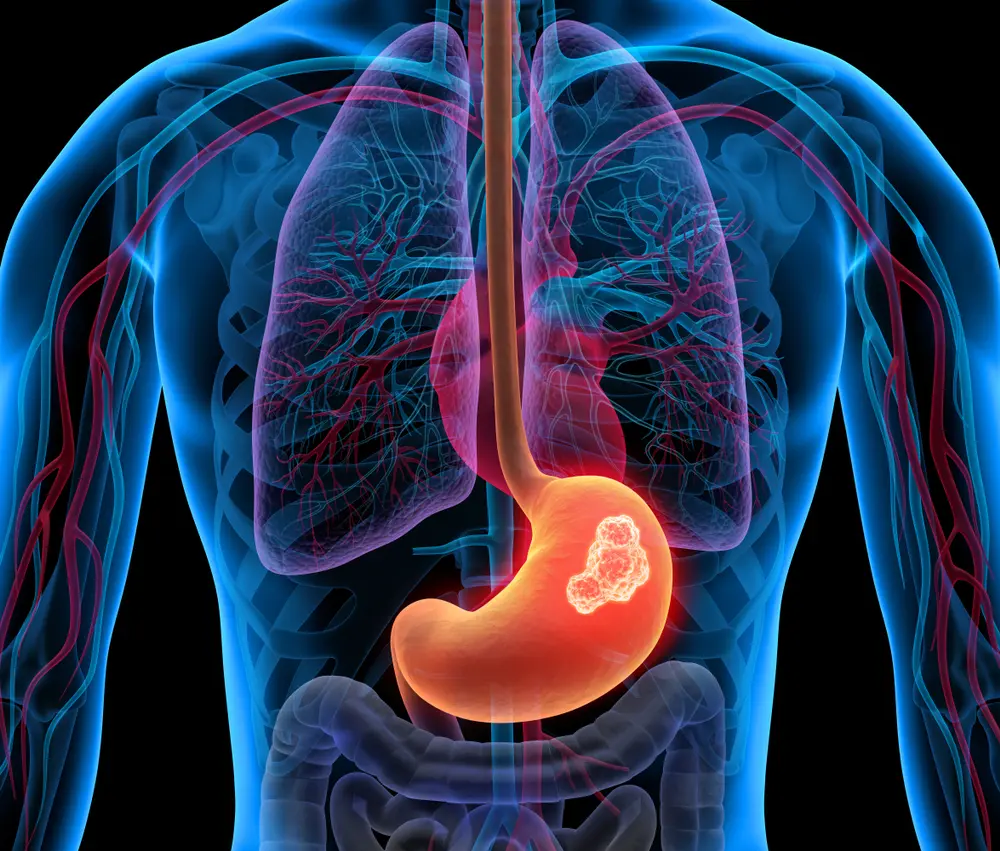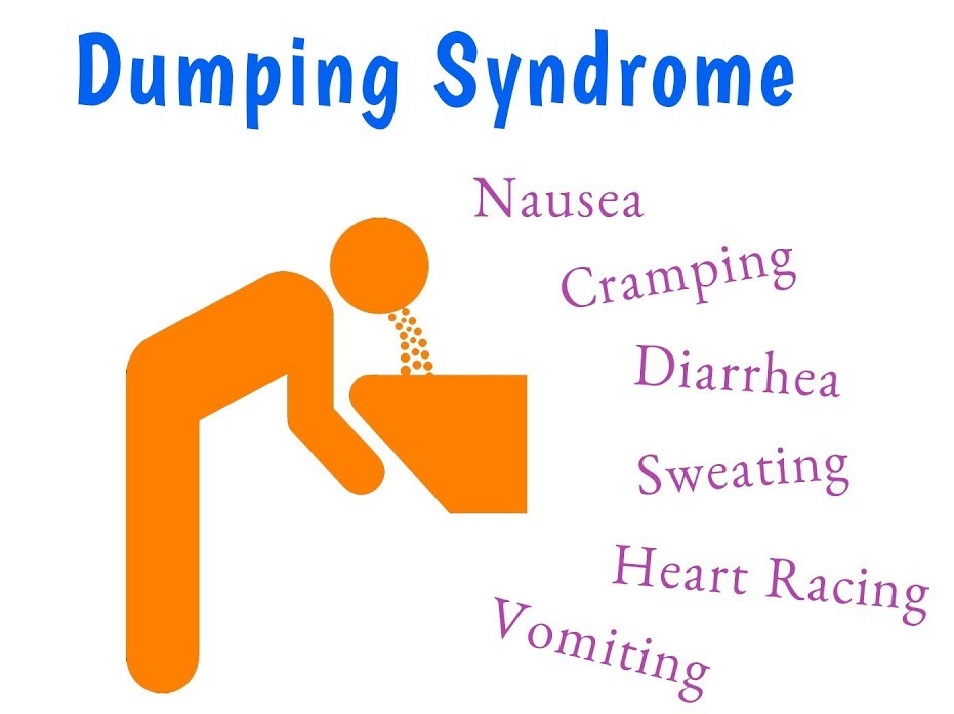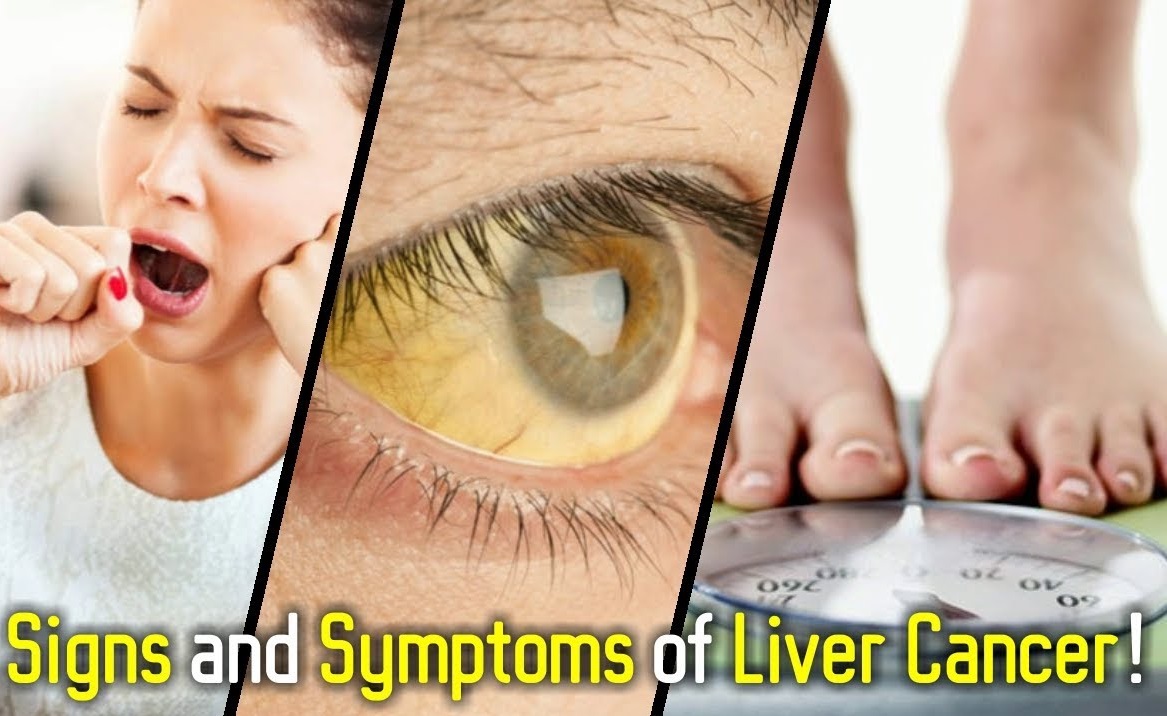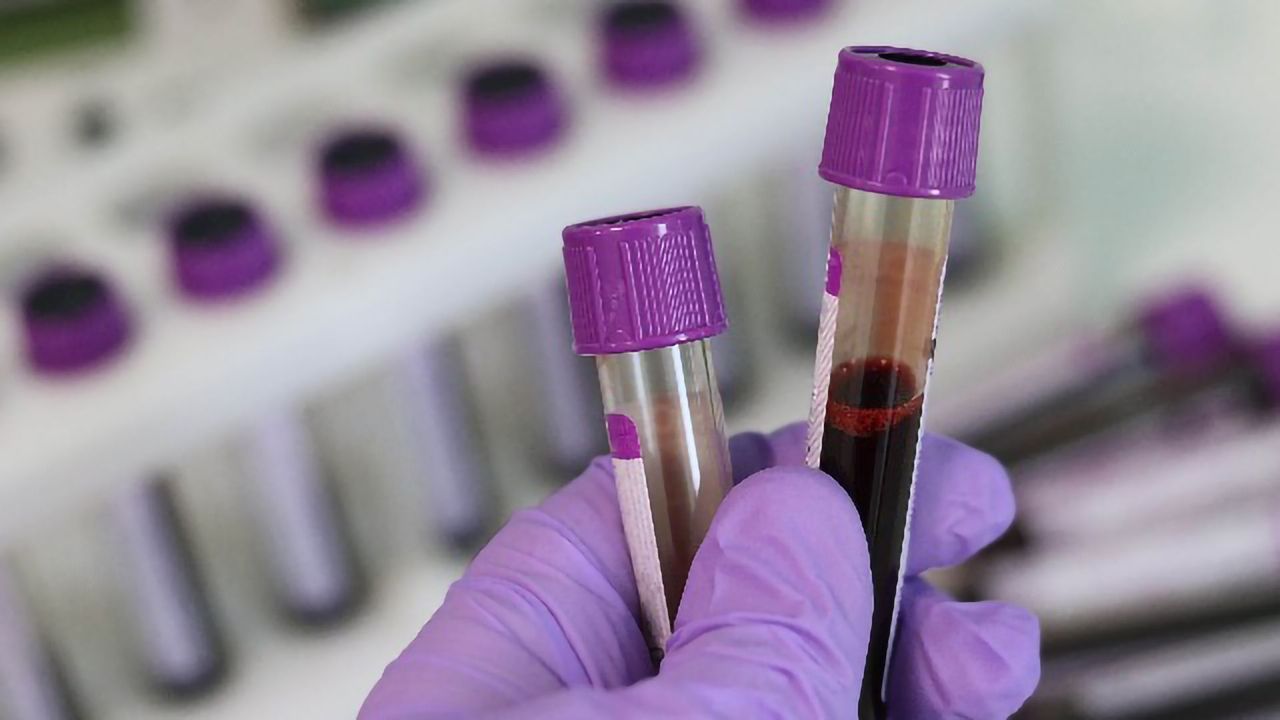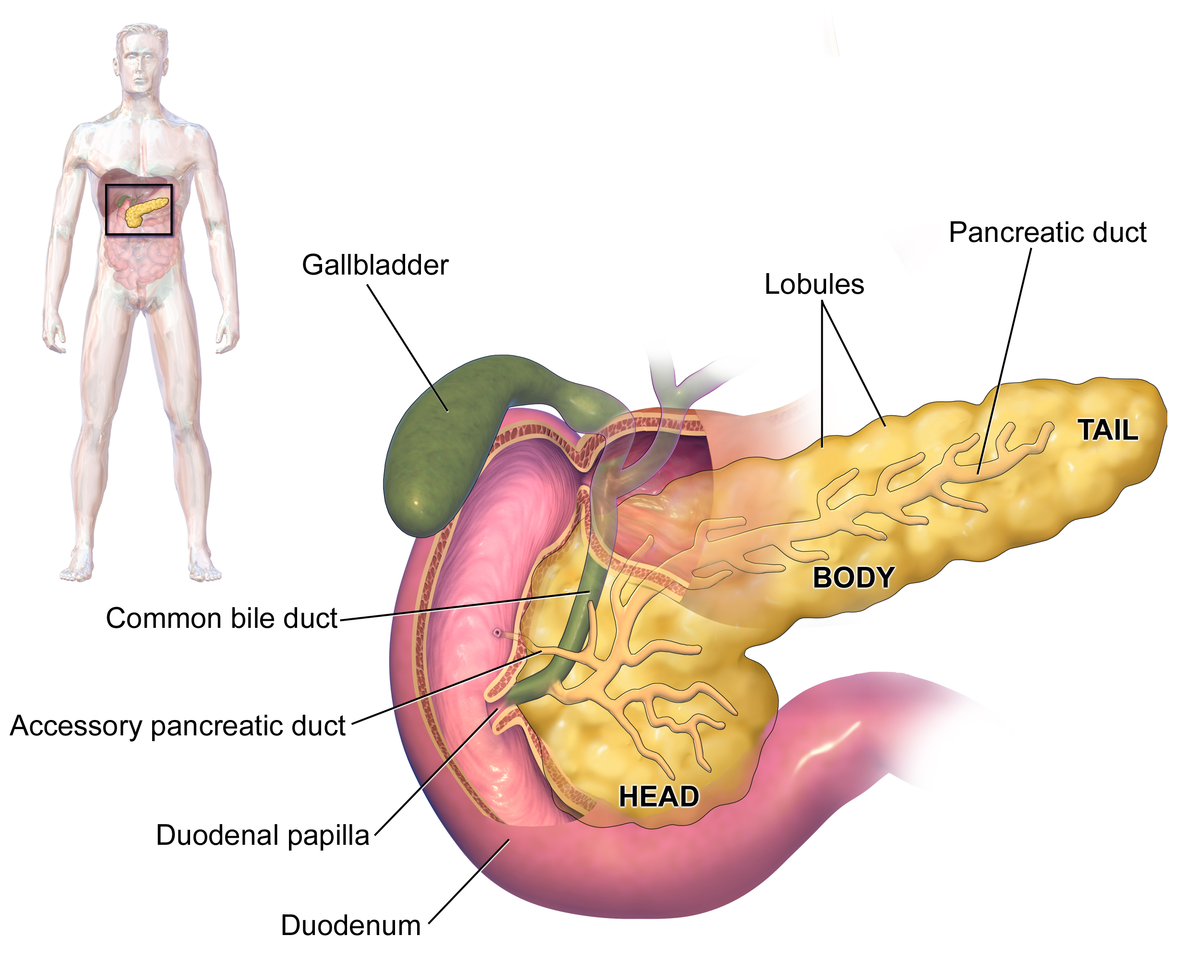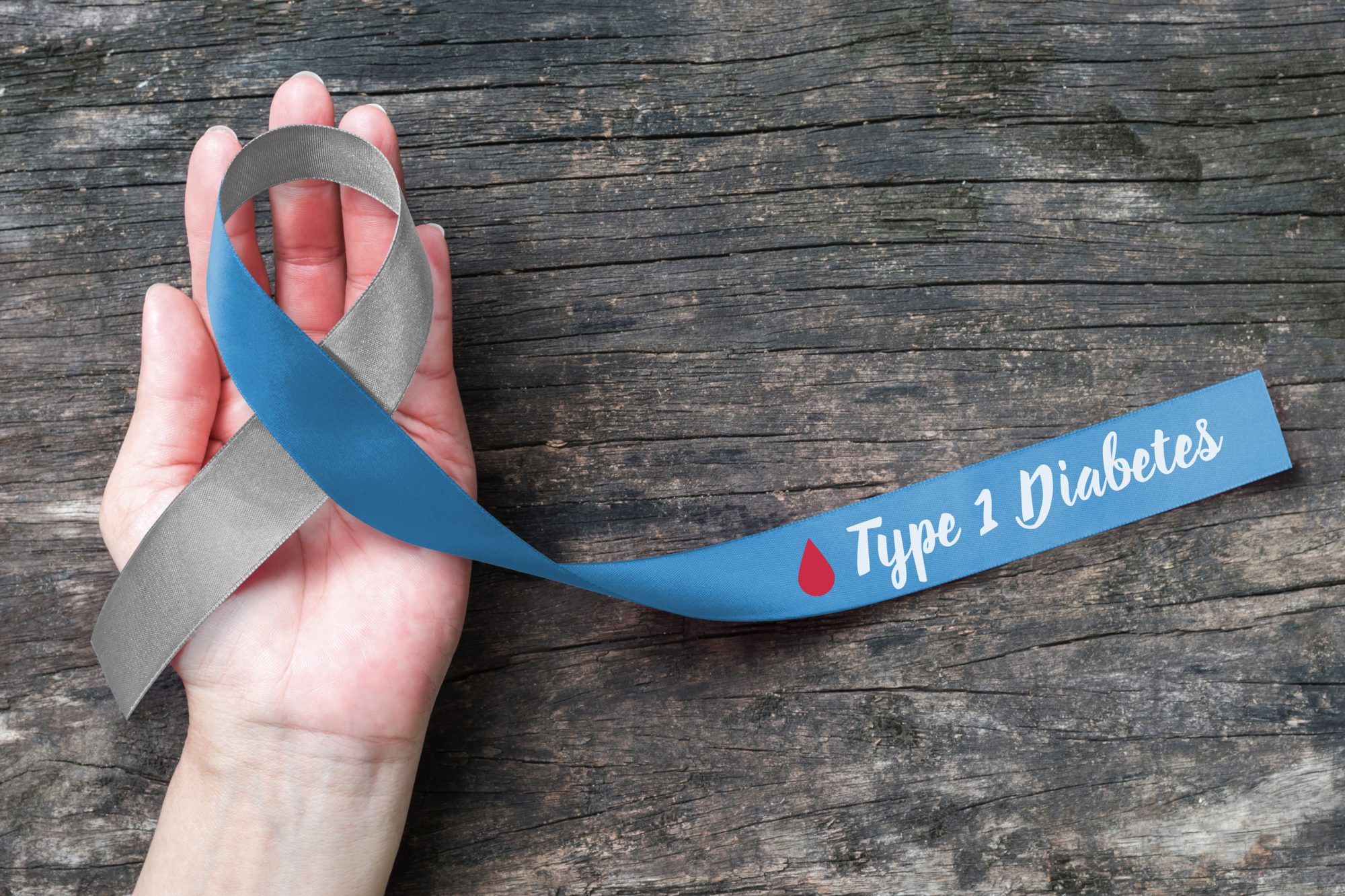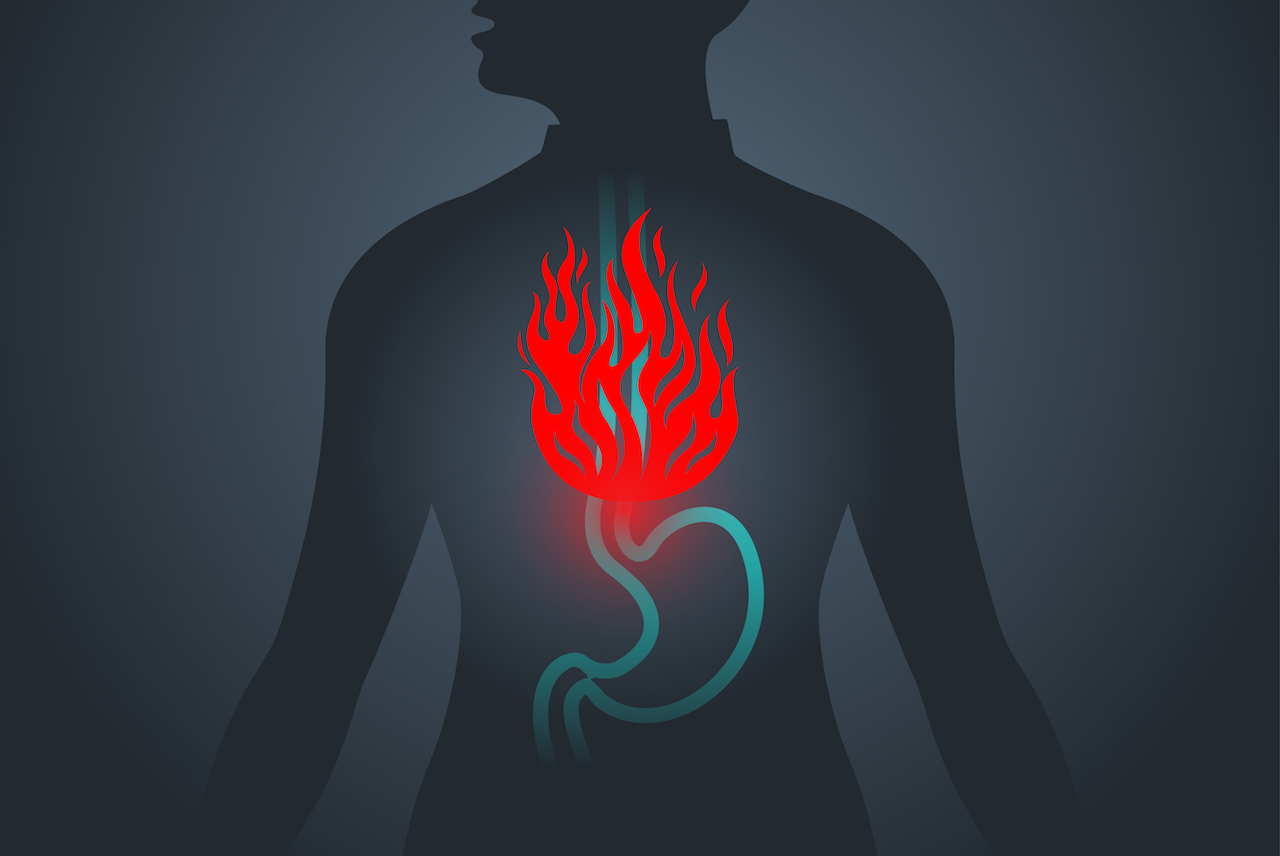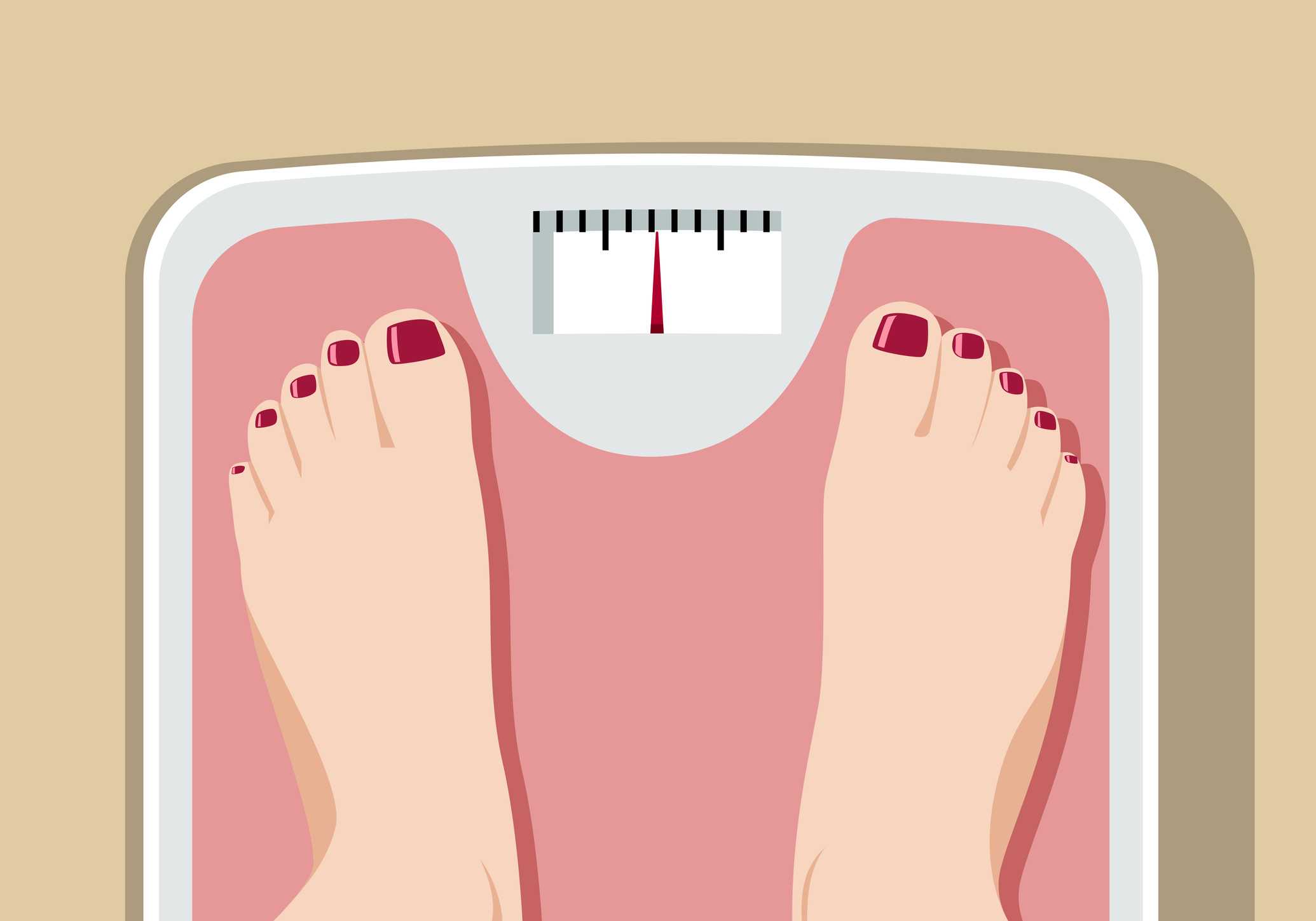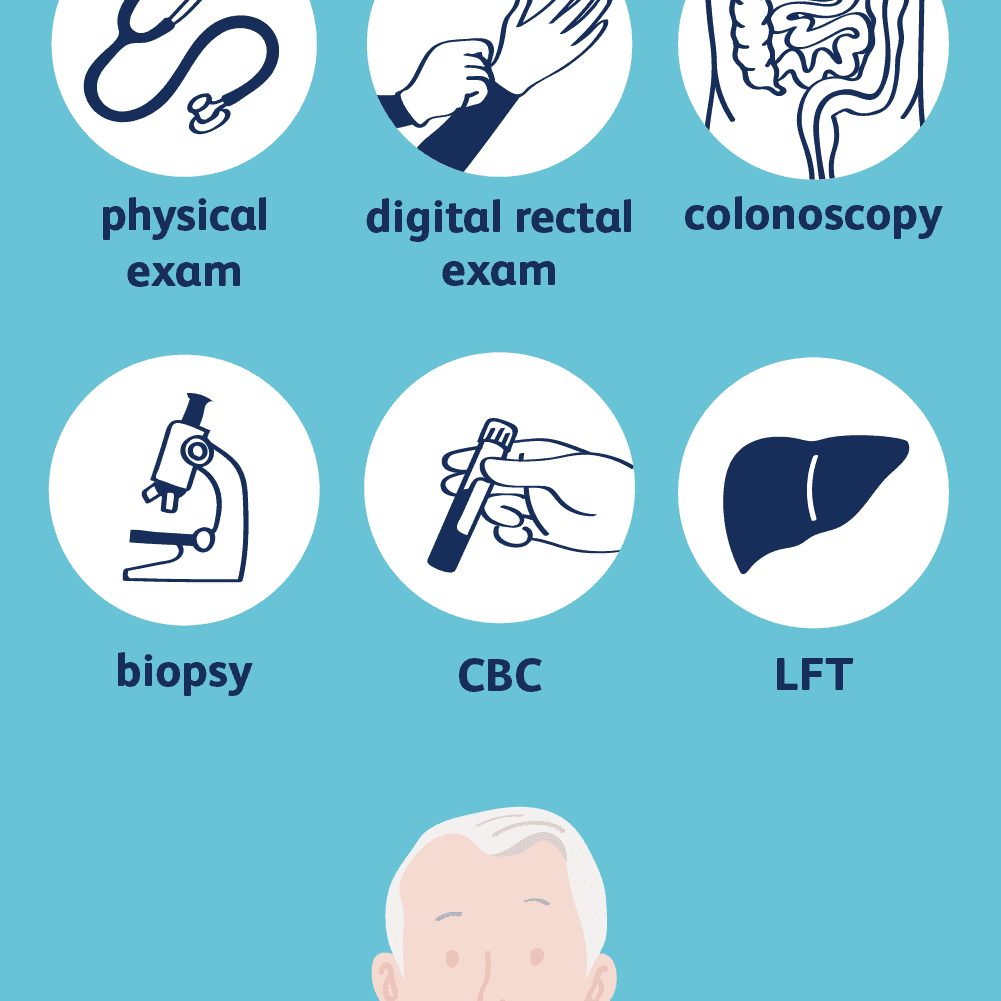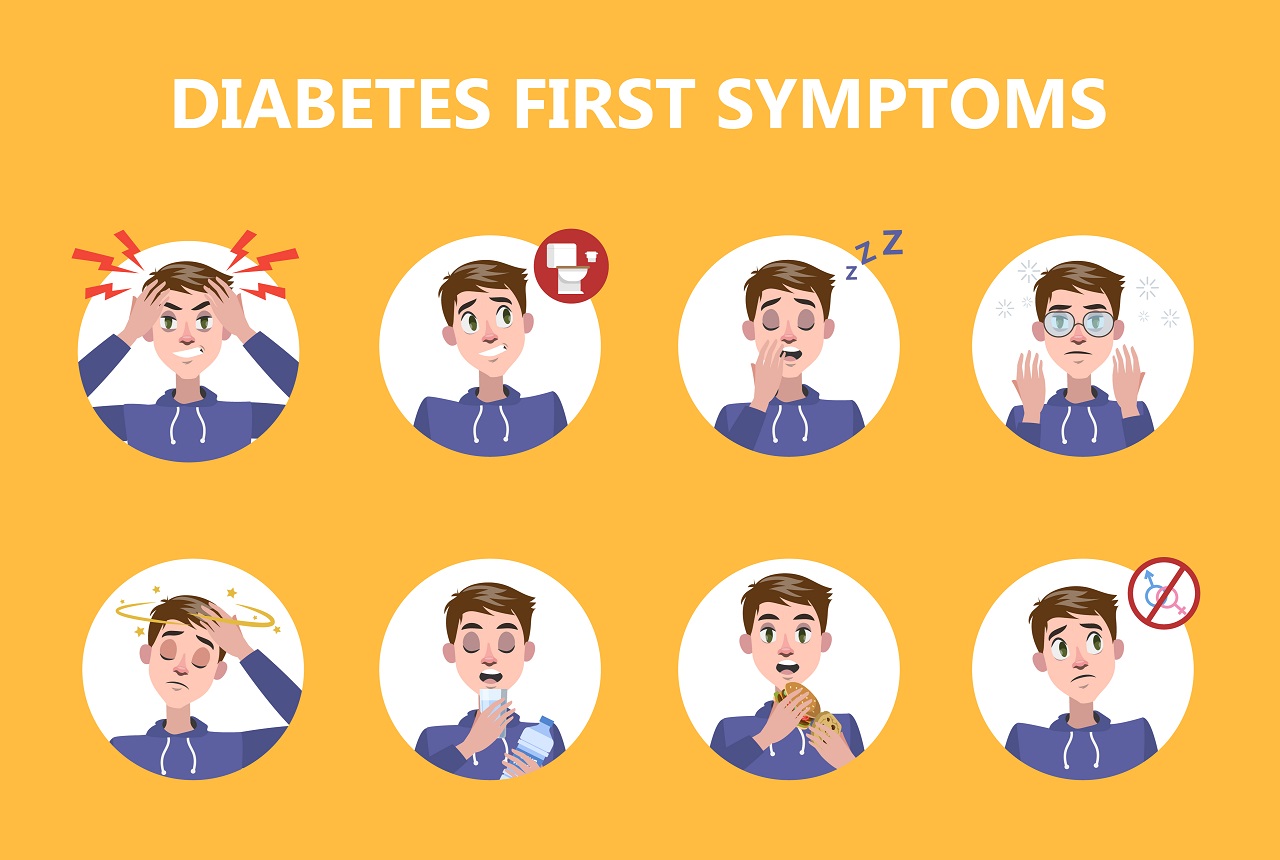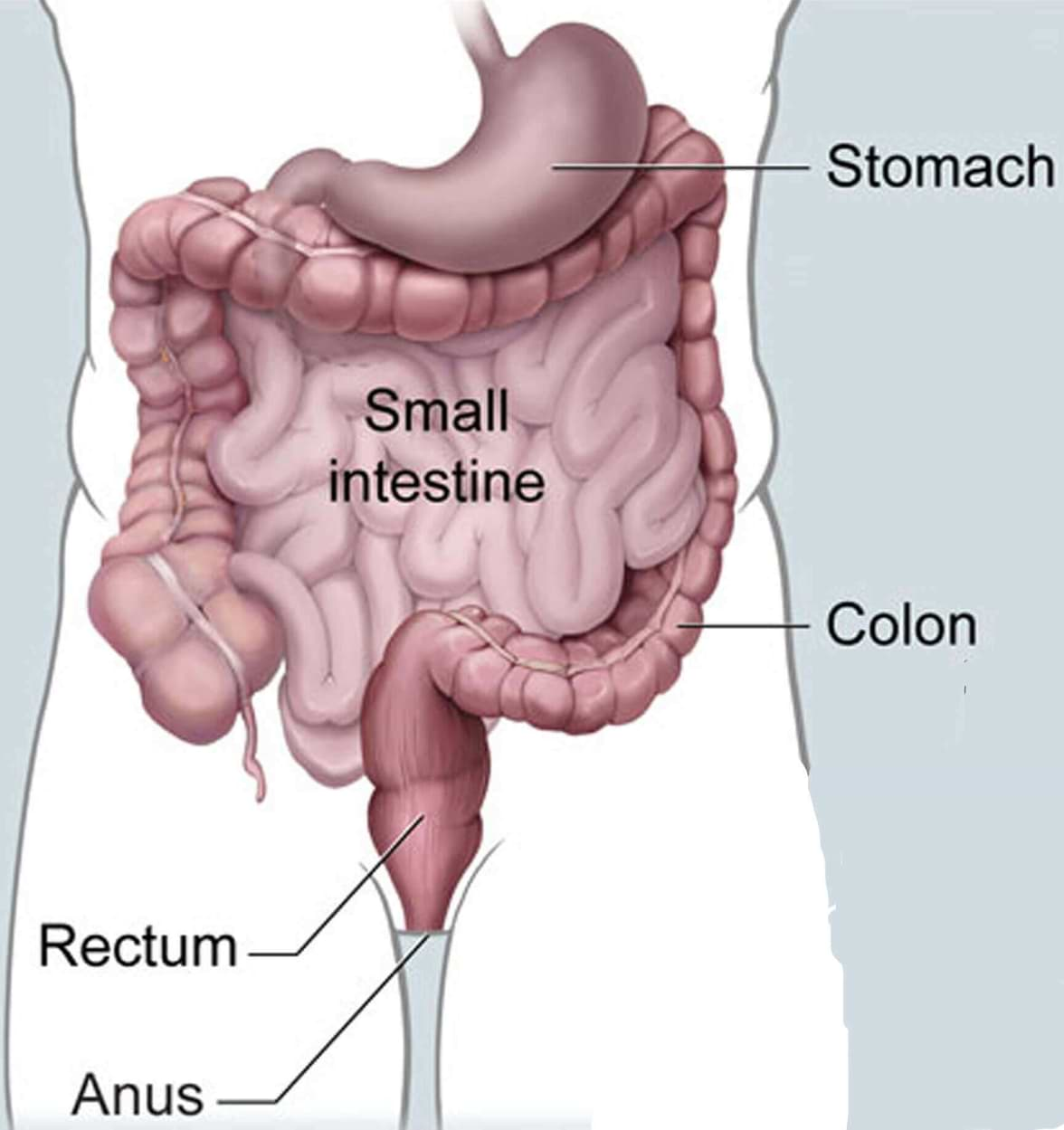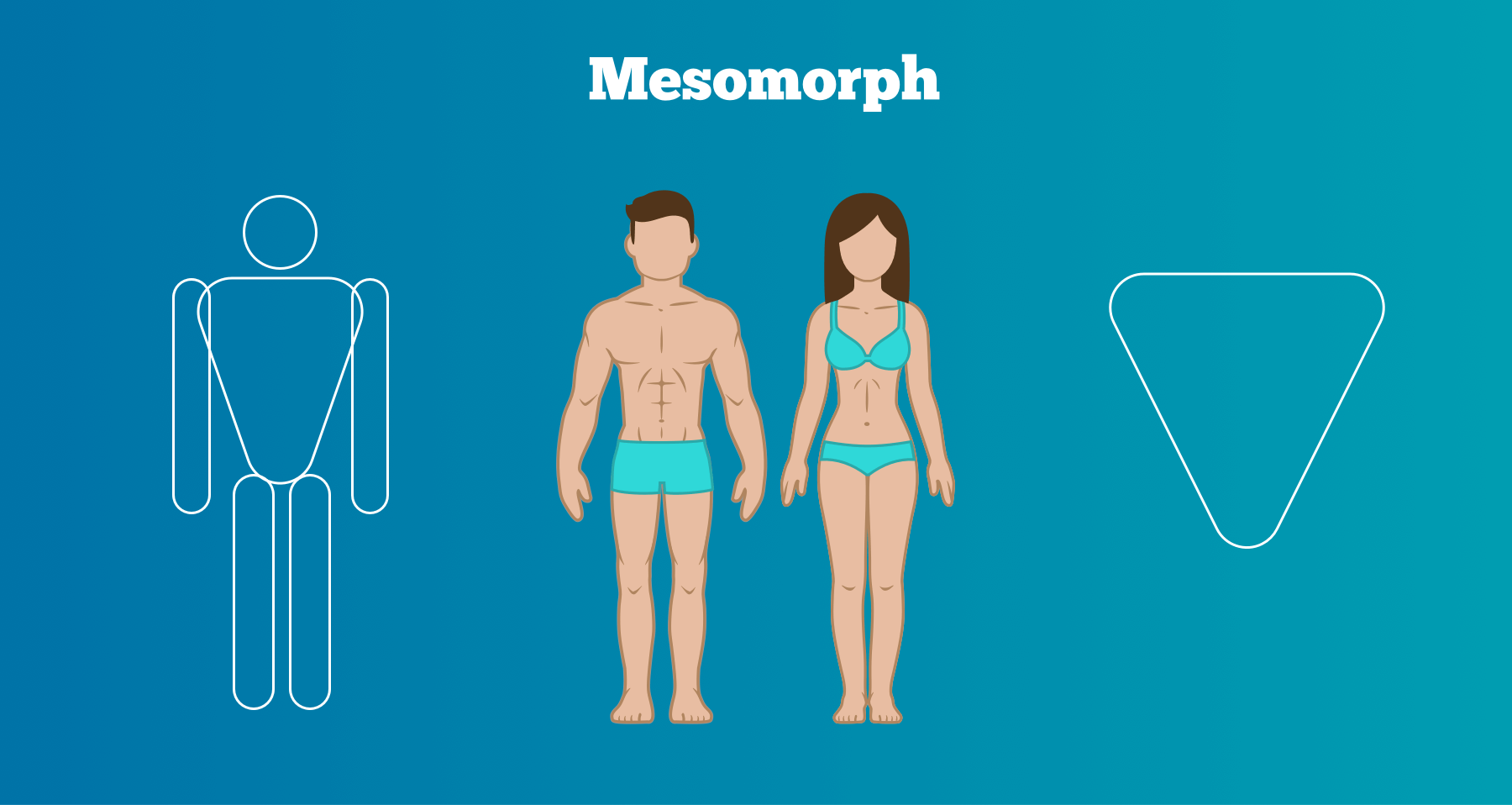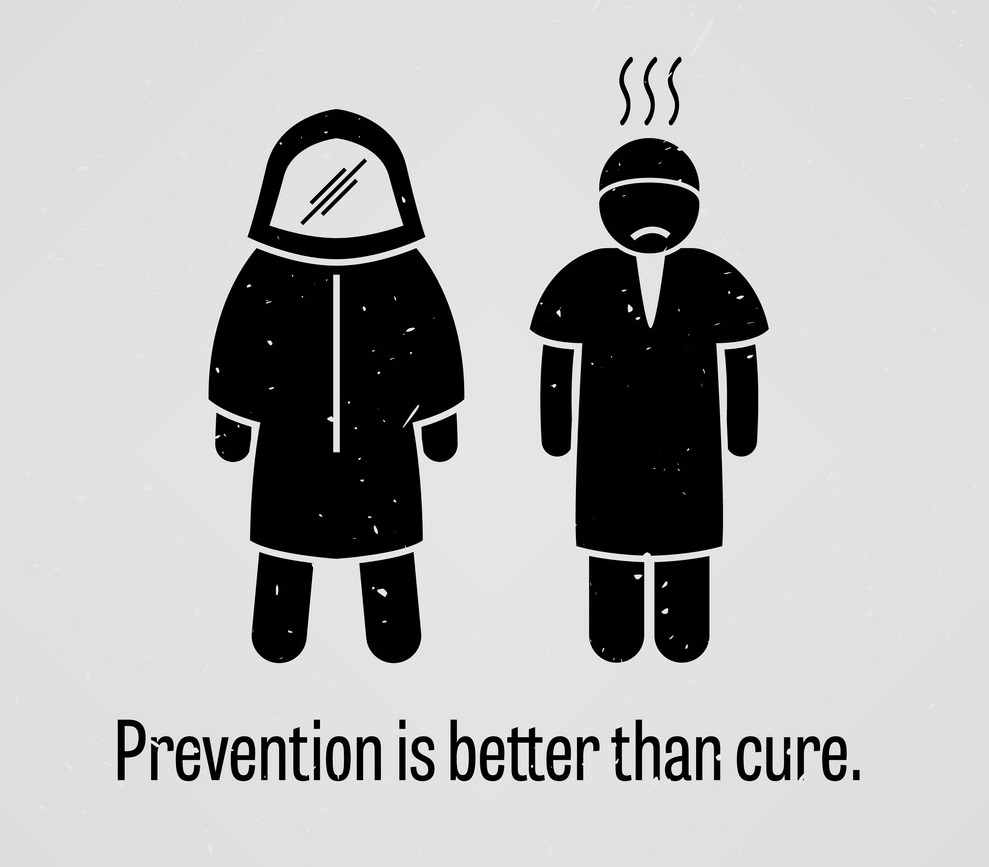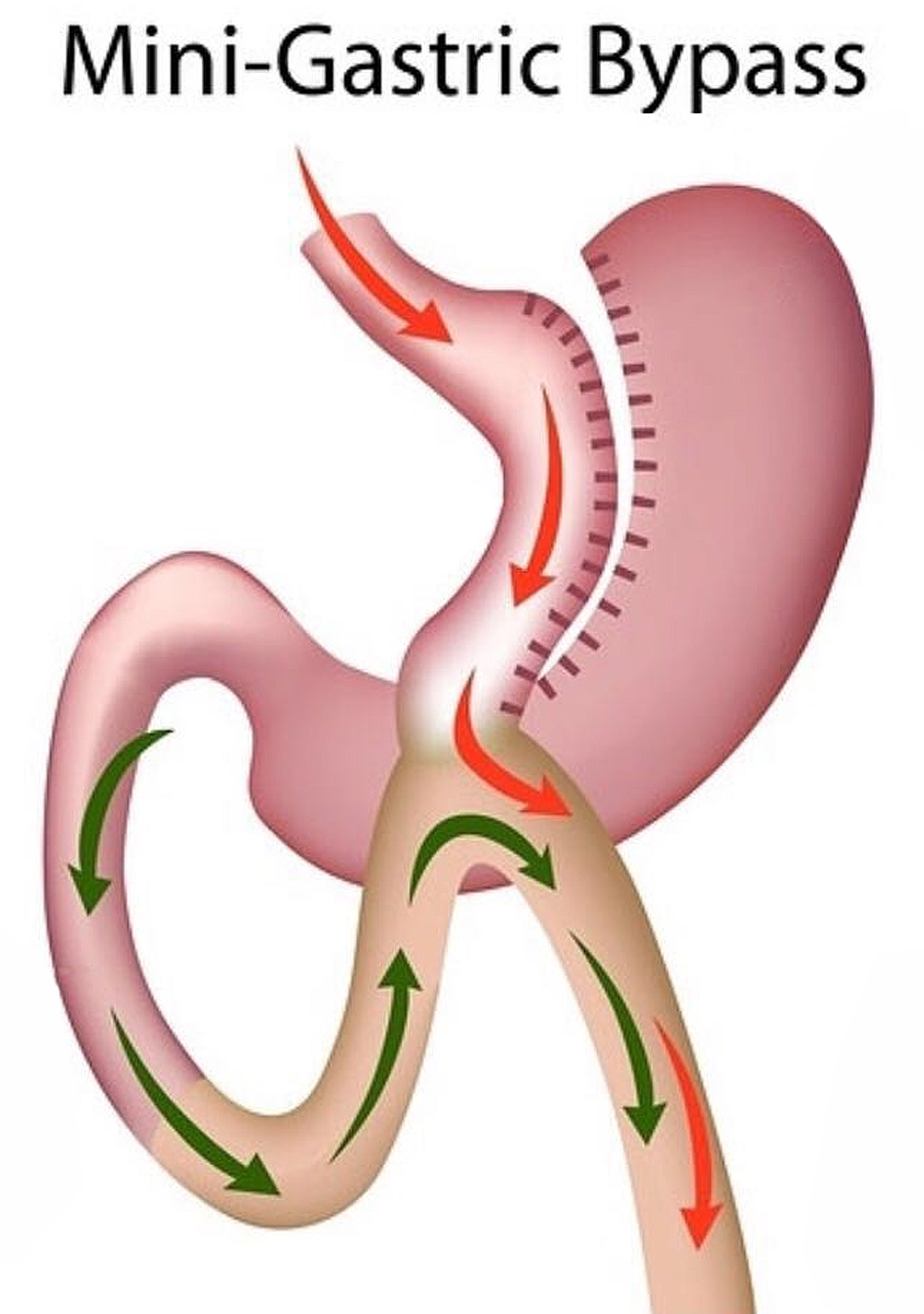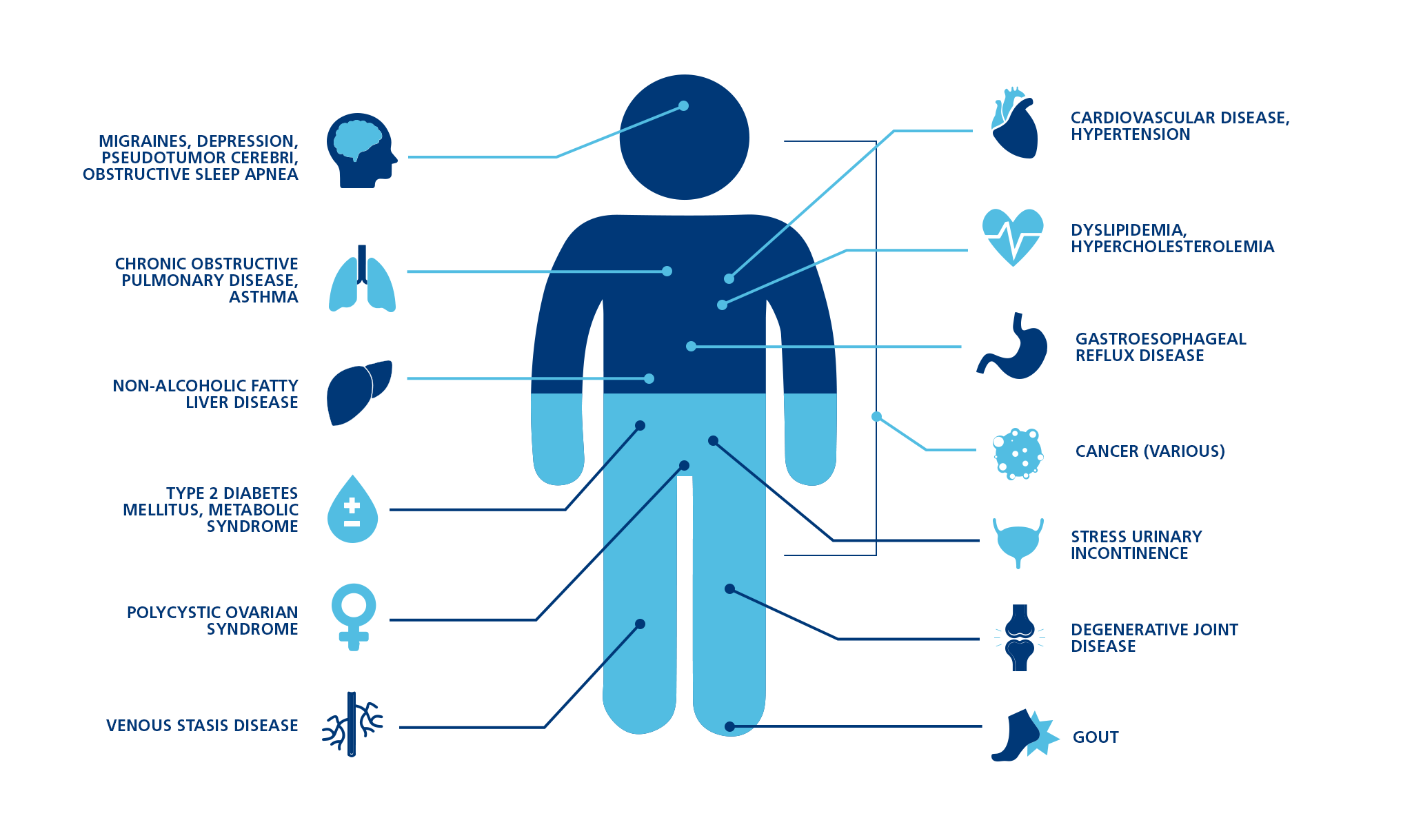COVID-19
People with obesity are at high risk for severe COVID-19
Many countries are confronting intertwined public health crises — the coronavirus pandemic and obesity.
Summary: 60 Second Read
- Why Obesity is a risk factor for severe COVID-19- Obesity reduces the efficiency of a person's immune system which in turn increases the risk of infections.
- Conclusion- While COVID-19 is already a global pandemic, obesity has only worsened its impact on our health system.

About 39% (source) of the global adult population are either overweight or obese, and recent studies show it’s a risk factor for severe and fatal COVID-19, even in young adults.
why obesity is a risk factor for severe COVID-19
Obesity can cause metabolic, immune, and blood clotting abnormalities that could worsen COVID-19 outcomes. But that means a vast part of the population, including people in their prime years, are in a particularly awful bind. Doctors advise them to be extra careful, stay home, if possible, and keep their social “bubble” tiny. Being safe, however, may discourage weight-loss activities like walking and going to the gym, while increasing isolation, depression, frustration, and overeating.
It’s also hard to couch the message in a way that doesn’t reinforce cultural prejudices that assume being too heavy is merely a moral failure, not a chronic disease. People with obesity often internalize these negative stereotypes.
It’s no surprise that senior citizens are particularly vulnerable to severe COVID-19, a disease that can wreak havoc on virtually every organ system. Many people over 65 already have age-related chronic illnesses that have damaged their lungs, heart, blood vessels, and kidneys.
But obesity — defined as a Body Mass Index of 30 or more— is a risk factor that transcends age. Among diagnosed COVIDâ€19 patients, the prevalence of individuals with obesity in hospitalized patients was much higher than that in nonhospitalized patients. For example, a report that included 5700 patients with obesity in New York City showed that 41.7% (source) of COVIDâ€19 hospitalized patients were individuals with obesity.
Exactly why is not clear, but the virus appears to exploit a number of weight-related abnormalities.
Possible reasons
- Having a lot of excess weight puts added pressure on the chest and abdomen, restricting breathing. Second, people with obesity often develop chronic diseases, such as diabetes and hypertension, that raise the risk of severe COVID-19. Third, obesity enhances formation of blood clots that can block vessels, and so does the coronavirus.
- Blood clotting problems are inherent with obesity.
Two other explanations for why obesity may worsen COVID-19 involve unique characteristics of each disease.
- Adipose (fat) tissue acts almost like a separate organ. It can disrupt metabolism by reducing sensitivity insulin, the hormone that regulates blood sugar, and by causing constant inflammation. Normally, inflammation is the immune system’s temporary, healing response to injury. But severe COVID-19 can trigger a life-threatening immune overreaction, called a cytokine storm, that ends up destroying healthy tissue.
- The coronavirus also uses a cell surface protein called ACE2 to break into cells, where it replicates and emerges to infect adjacent cells.
Summary- Obesity reduces the efficiency of a person's immune system which in turn increases the risk of infections.
Conclusion
While COVID-19 is already a global pandemic, obesity has only worsened its impact on our health system.. The best solution at the moment is to follow the guidelines to prevent the spread of virus by following the guidelines provided by the government and local authorities while taking care of your own health.
Reference:
- https://www.cdc.gov/coronavirus/2019-ncov/need-extra-precautions/people-with-medical-conditions.html
- https://www.mayoclinic.org/diseases-conditions/coronavirus/in-depth/coronavirus-who-is-at-risk/art-20483301
- https://onlinelibrary.wiley.com/doi/full/10.1111/obr.13128




